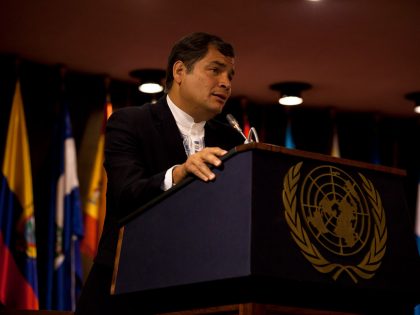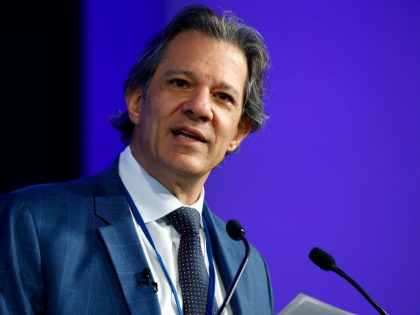
Brazil’s Largest City May Soon Have a Socialist Mayor
Brazil is still dominated by Jair Bolsonaro’s unhinged reactionary politics. Which makes it all the more incredible that the leftist housing organizer Guilherme Boulos recently defied all expectations by making it to a runoff in São Paulo’s upcoming mayoral election.


















